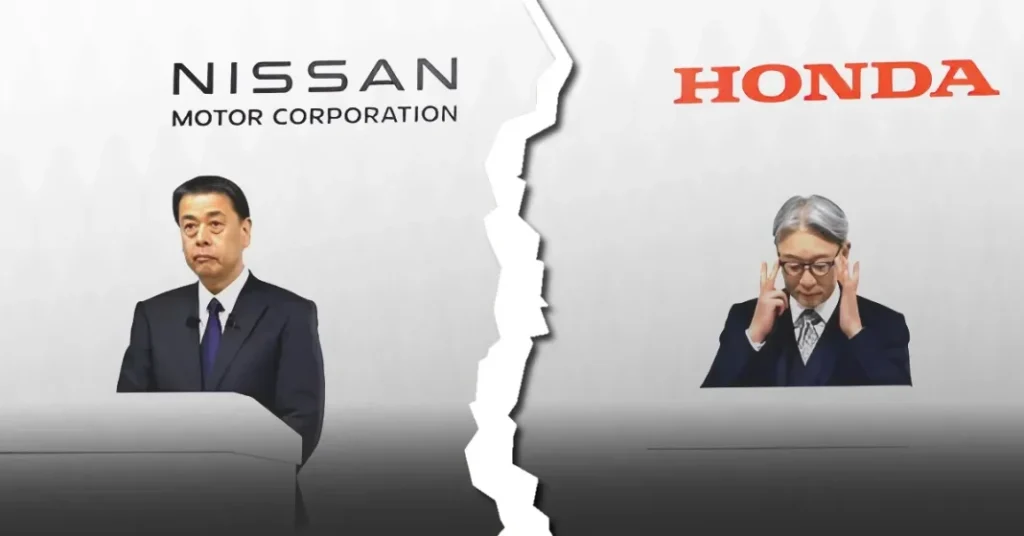Islamabad, Feb 18: Honda and Nissan have officially ended their discussions about a potential merger, which were initially proposed two months ago. This merger was intended to create a new holding company by 2026. Despite previous talks suggesting Honda’s desire to make Nissan a subsidiary, the negotiations ultimately collapsed over significant disagreements.
Reports from The Japan News highlight that Honda requested Nissan to replace its e-Power hybrid system with Honda’s own hybrid technology, which Nissan strongly opposed. This caused a strain between the two automotive giants, leading to the cessation of merger talks.
Even though the merger has been called off, both companies are committed to collaborating on electrified vehicle technologies in the future. Nissan remains focused on its e-Power hybrid system, which has already seen impressive advancements.
The third-generation e-Power technology is set to offer 20% more efficiency than the previous version released in 2016. Additionally, it will be 15% more fuel-efficient on highways compared to the current generation. In efforts to make e-Power more accessible, Nissan also plans to reduce its production costs by 20%, ensuring affordability for future vehicle models.
Nissan is preparing to introduce its e-Power system to the U.S. market with the Rogue e-Power hybrid SUV in FY2026, and a plug-in hybrid version of the Rogue will debut a year earlier, in FY2025. Other vehicles such as the Qashqai crossover and a new minivan in Japan will also incorporate the third-generation e-Power technology in the next few years.
Read More:
Toyota Aqua Price in Pakistan 2025, Latest Updates, Reviews & Specs
Unlike traditional hybrid systems, Nissan’s e-Power setup operates uniquely by not mechanically connecting the internal combustion engine (ICE) to the wheels. Instead, the gasoline engine acts as a generator, charging the battery that powers the electric motor. This design ensures a more EV-like driving experience, even while utilizing gasoline.
On the other hand, Honda is advancing its own hybrid technology with the e:HEV system. The new hybrid system uses 1.5- and 2.0-liter gasoline direct-injection engines that operate on the Atkinson cycle. Honda claims the e:HEV technology will improve fuel efficiency by 10% and reduce the weight of hybrid vehicles by 90 kilograms compared to previous models. Furthermore, Honda aims to reduce hybrid production costs by 50% by 2027 compared to 2018 models.
Although the merger did not come to fruition, both Honda and Nissan remain dedicated to advancing their hybrid and electrified technologies. This ongoing development ensures that both companies will continue to drive competition and innovation in the automotive industry.
